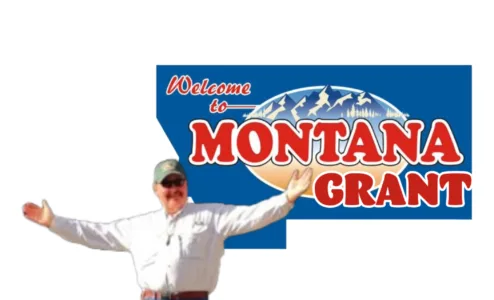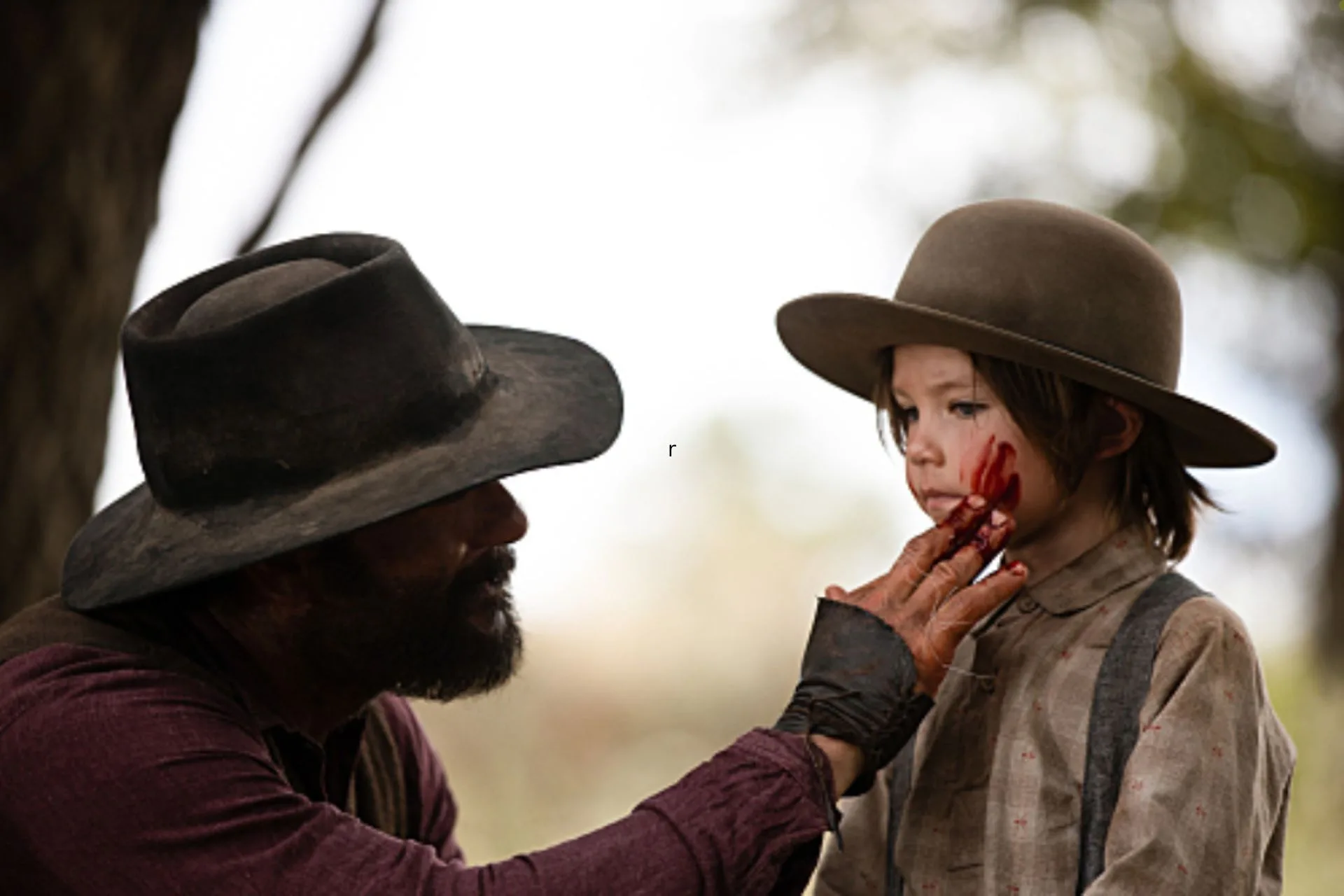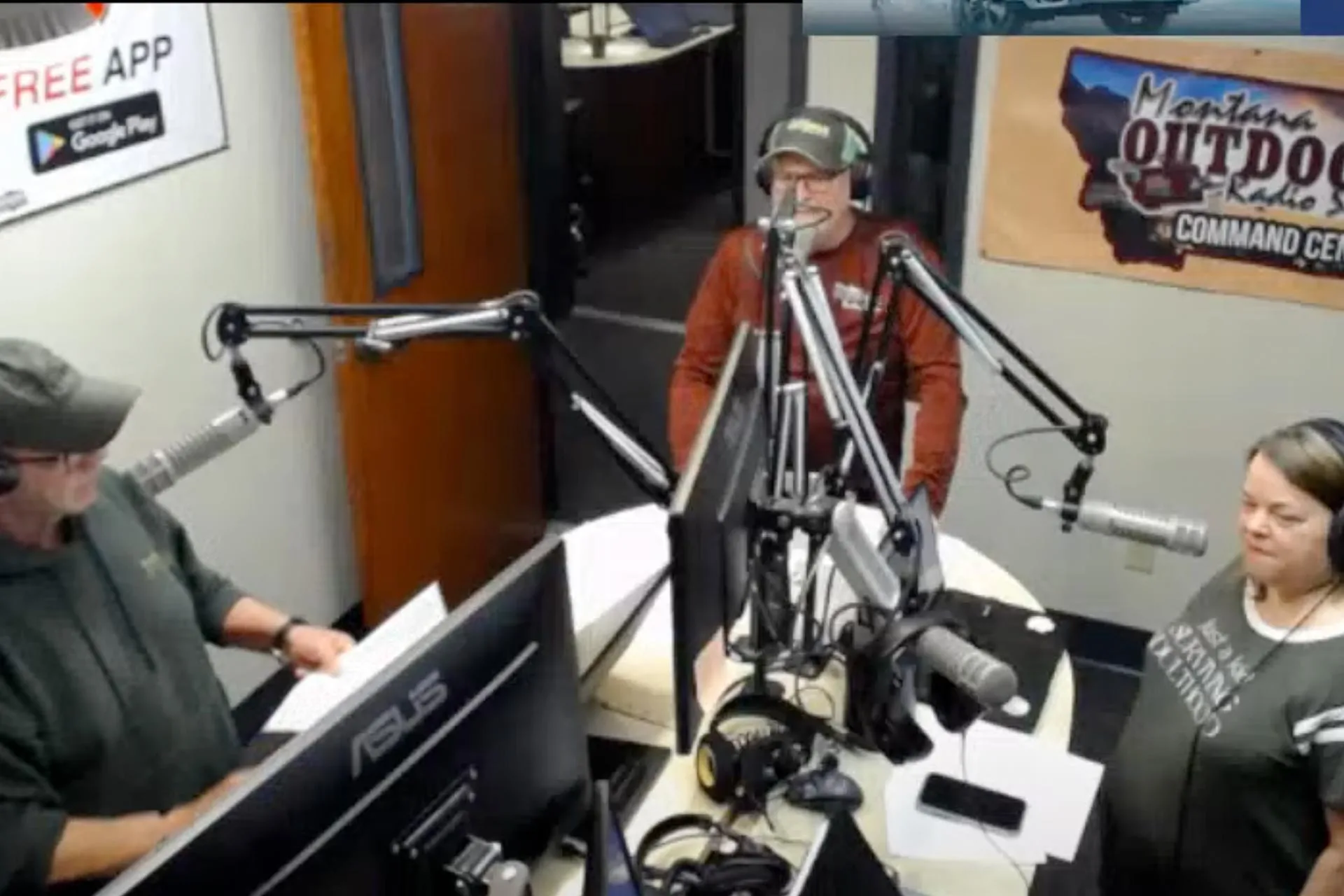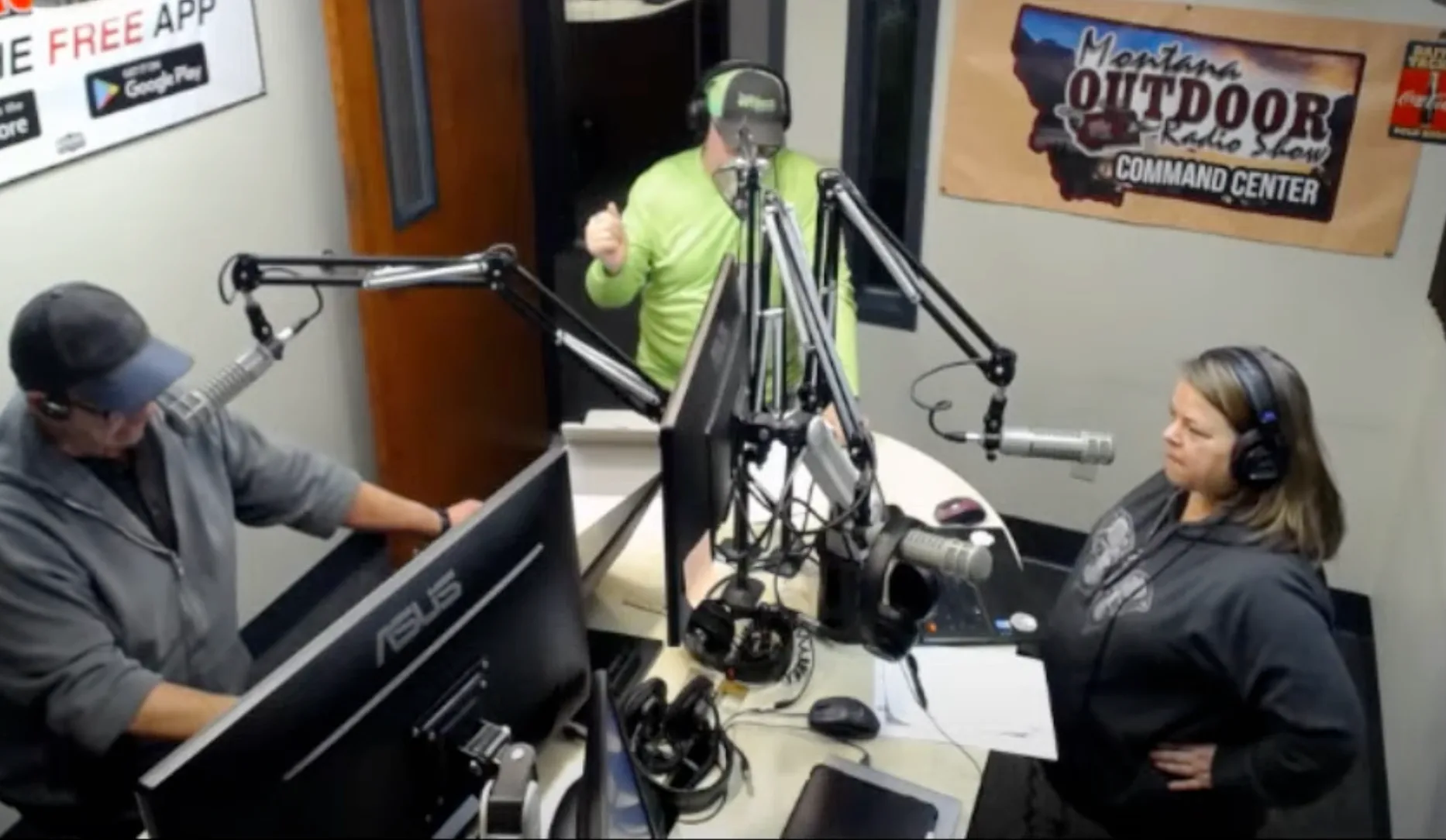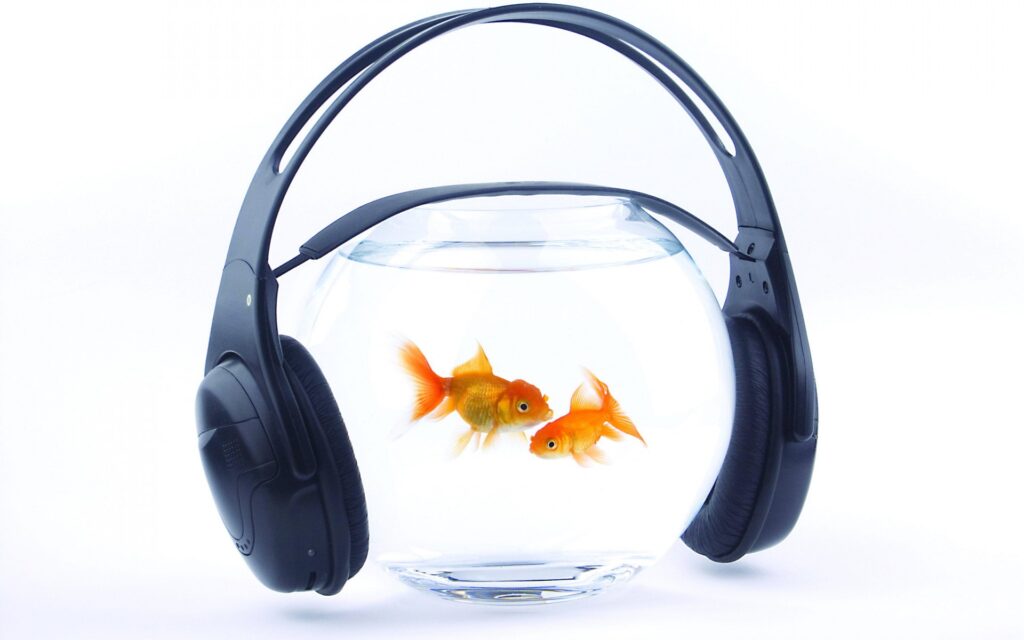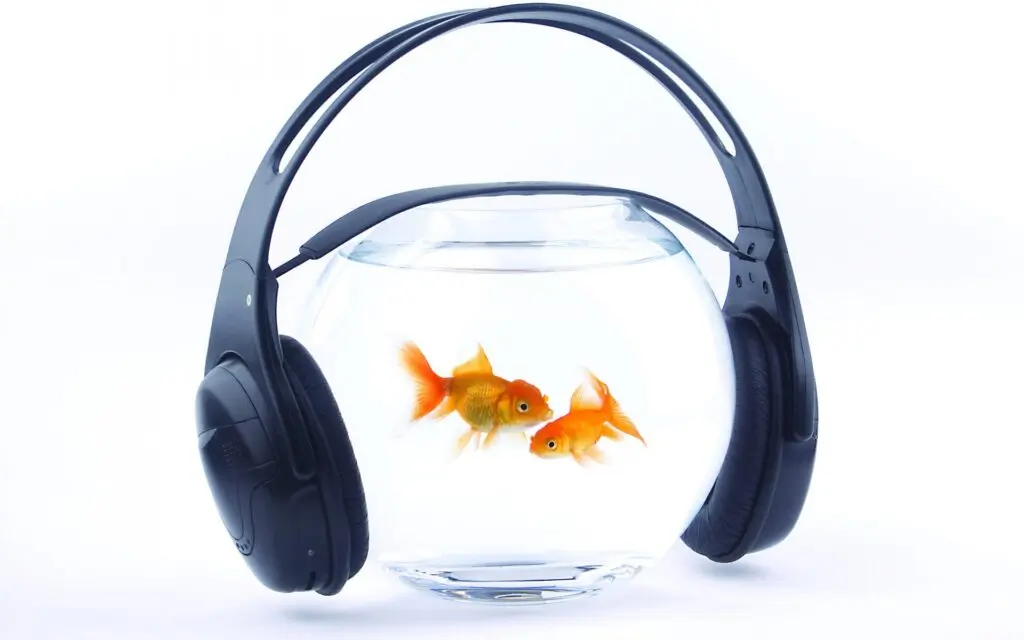Real, ethical hunting is hard. Your body must be in the best shape possible. Fat Hunters, like Fat Dogs, don’t hunt! You need to plan your hunts based upon what you can safely do and what is in your skillset.
Hunting and Gathering is a learned skill that is passed down from one generation to the next. Not all types of hunting is for all hunters. No hunter should try to harvest a critter using a weapon that they are not skilled with.
Archery hunting is a learned skill that takes a lot of practice. A Bowman can be an expert shoot after a thousand shafts of practice. You need to be able to place an arrow into a teacup at 20 yards. Some archers shoot further but in my entire hunting life, I have never tagged a critter further than eighteen yards.
A rifle hunter can add optics and select calibers and special ammo to shoot at very long ranges. Shotgun hunters can also change chokes and ammo to shoot at further or closer ranges. To make that one best shot, you need to practice thousands of trigger pulls.
Killing a critter is not the point. You will also be eating the critter. Modern hunters can tend to be more interested in getting antlers or critters that they can mount for bragging rights. They may legally kill birds, small game, or big game and give the meat away. This seems a waste of time and purpose. True hunters were taught to only harvest what you need and waste nothing.
When a Native Indian killed a Bison, the entire critter was used. Horns became cups, bones became tools and weapons, meat was jerked, dried or eaten. The hides were made into clothing or covers for wickiups or teepees.
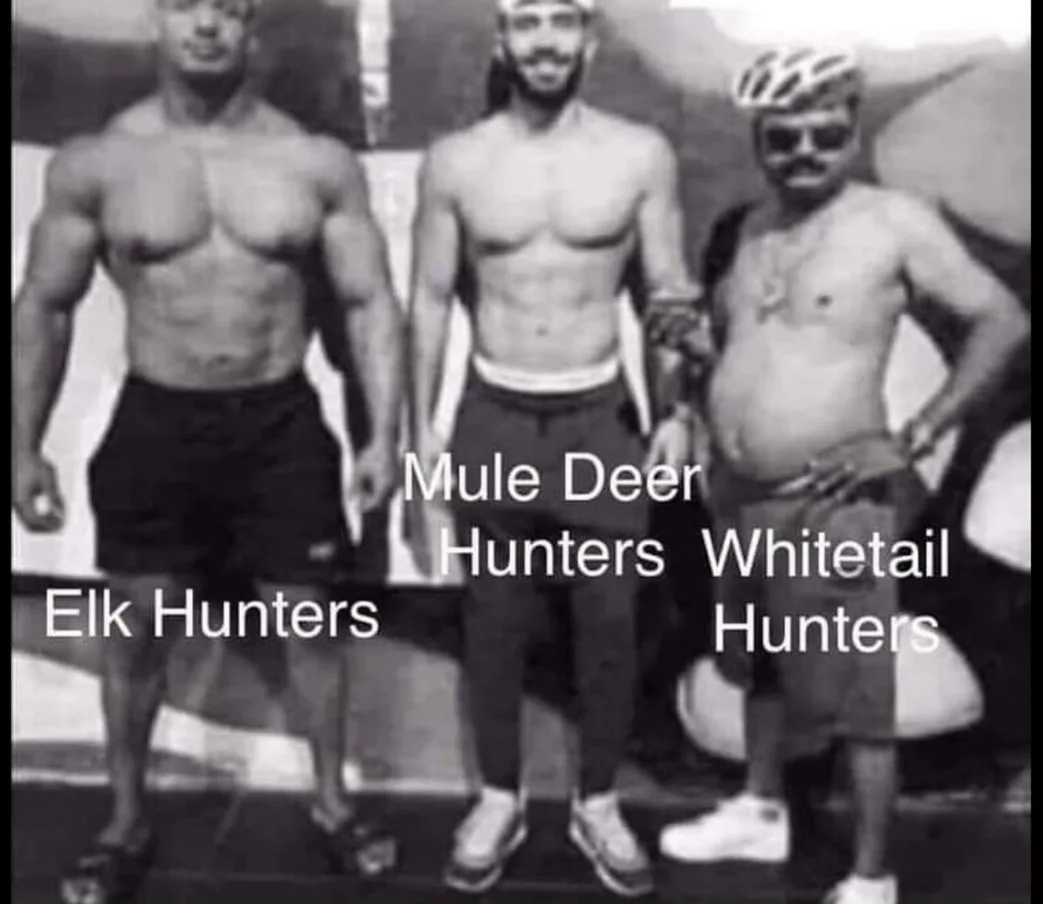
A respectful hunter gives thanks after tagging a critter. Nothing goes to waste. Hunters are wildlife management tools. They are used to seasonally harvest surplus populations of wildlife so that they don’t become overpopulated. There is only so much room and food for wildlife to survive on.
When wildlife reproduces, the population will thrive in a healthy and balanced ecosystem. If there are too many critters and too little food, the critters will suffer.
Be an ethical hunter. Follow the rules and use what you harvest. Be thankful what the bounty and be respectful of other hunters and the wildlife.
As you age, your style and manner of hunting will change. Know your limitations and hunt within them. Mentor others to be the best sportsmen and women that they can be.
Hunt Hard, hunt harder!
Montana Grant
